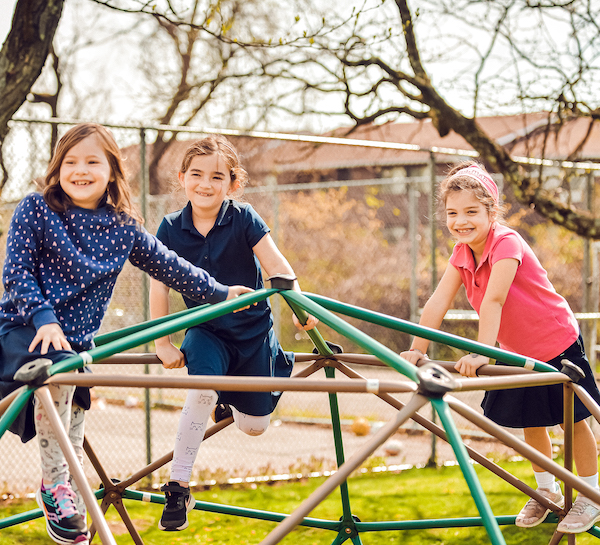TEACHING THE WHOLE CHILD
By: Mrs. Randi Orshan, Elementary School Principal

With the chagim behind us, and our students in school consistently for three full weeks, the learning is tangible! Teachers and students have really begun diving into their studies. Whether it is assessing Kriah to see students’ levels in Kitah Alef, completing a social studies project in 4th grade, or beginning Chumash in Kitah Bet, classes are well on their way. Learning is taking place, relationships are being formed, and the whole child is being nurtured.
At OCA, we understand that teaching the whole child is the best approach. While the world of education has slowly come to realize this due to the pandemic, OCA has embraced this approach since its inception by making sure the students are taken care of academically, socially, and emotionally.
The whole child philosophy is an approach to education that aims to ensure each child in school is healthy, safe, engaged, supported, and challenged. Connecting education to the social and emotional development of a child creates an environment where the student can be academically successful because his or her emotional needs are being met. So, how do we do this?
Whole child instruction focuses on supporting and nurturing all areas of students’ development and learning. This year, our school’s two social workers, Mrs. Pasch and Mrs. Schleifer, have begun providing a new and comprehensive social-emotional educational program. Once a week for six weeks, they will be joining each class to introduce students to social-emotional concepts, such as social skills, character development, conflict resolution, and more.
For example, the first grade is working on belonging, kindness, giving, teamwork, respect, and feelings and what we do with them. After Mrs. Pasch and Mrs. Schleifer’s lessons with the students, classroom teachers then integrate the concepts and skills into Judaic studies middot lessons and in reading discussions in English/Language Arts (ELA). Using this whole child, integrated approach to learning, our students will internalize the concepts and be able to more effectively apply them in their lives.
To support this integrated approach to instruction, we hold frequent and ongoing faculty team meetings with the academic and social-emotional support staff to ensure that teachers have the professional development needed to foster positive classroom environments. By having access to tools, supports, and resources, classroom teachers are able to facilitate whole child instruction within their existing curriculum.
This quote from the Center on Great Teachers and Leaders and Teaching the Whole Child study sums it up:
“When students develop relationship skills, they engage with peers and teachers in a productive way. In addition, when all students develop positive social and emotional skills, they interact more positively with each other. This positive interaction makes students feel more emotionally and physically safe in their schools.”
Stay tuned for more information this year about our wonderful social-emotional curriculum, as well as other new whole-child initiatives schoolwide.
